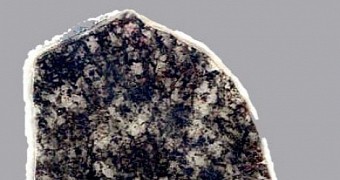Some time ago, scientists got to work exploring global ocean floors and ended up recovering eons-old traces of deep-sea bacteria. Of these, one very special type of microorganism caught their eye.
In a report published earlier this week in the journal Proceedings of the National Academy of Sciences, the researchers say that this type of microorganism appears not to have changed in well over 2 billion years of evolution.
Thus, they say that 2.3-billion-year-old and 1.8-billion-year-old samples discovered in Western Australia look virtually the same. What's more, they are indistinguishable from modern samples collected in Chile.
“It seems astounding that life has not evolved for more than 2 billion years – nearly half the history of the Earth,” explains researcher J. William Schopf with the University of California, Los Angeles in the US.
Contrary to what some might assume, the discovery of these deep-sea dwellers that haven't changed in such a long time does not refute Charles Darwin's theory concerning the evolution of the species.
In fact, scientists say that it confirms it. Thus, J. William Schopf and fellow researchers say that their find just goes to show that, as long as their environment stays the same, so do various species.
“The rule of biology is not to evolve unless the physical or biological environment changes, which is consistent with Darwin,” says University of California, Los Angeles specialist J. William Schopf.

 14 DAY TRIAL //
14 DAY TRIAL //